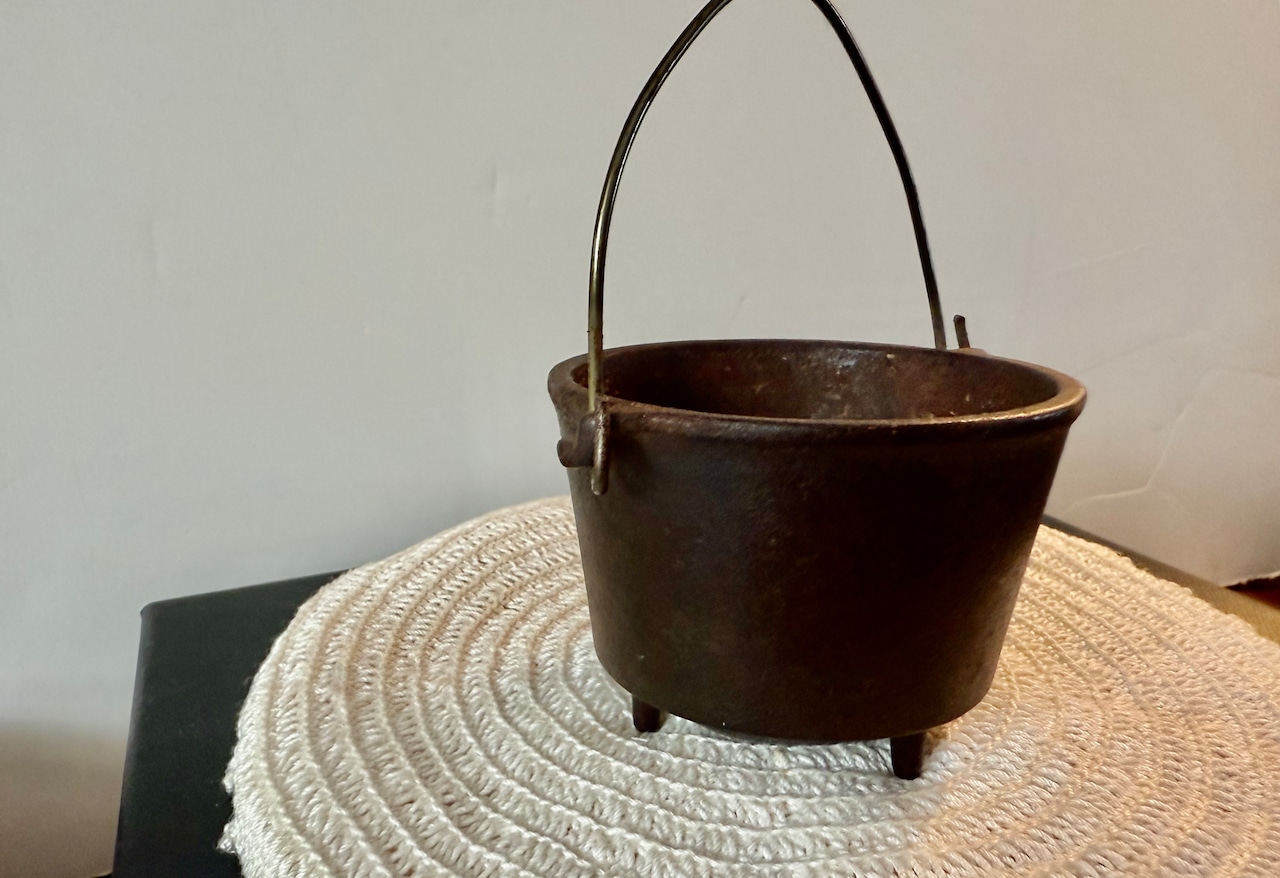Isn’t it weird how some days you wake feeling super sharp, highly creative, and can get more done in one day than the entire last week? But the next day, you can barely drag yourself out of bed, you feel sluggish and slow, and can barely string a sentence together without grasping for words. What changed?
The answer might be more than just when you went to bed—it’s about how sleep intertwines with who you are and how you live. The way we sleep, how long we sleep, the quality of our sleep, and when we sleep (i.e., our “chronotype”) not only affects our functioning but has a profound effect on our cognitive abilities.
It’s not just our sleep itself that affects our cognitive abilities, it’s about how our health, lifestyles, and habits intertwine with our chronotypes, which makes us feel “smarter” on one day and “dumber” the next.
A recent study by Raha West and colleagues (2024) from the Imperial College of London, showed some unexpected findings on how sleep duration, our chronotypes, lifestyle factors, and our health affects our cognitive abilities.
The Ideal Sleep Sweet Spot
You might think that more sleep equals a better brain, right? Well, not really. Research suggests that for the average person, there’s a sweet spot: sleeping seven to nine hours a night is linked to sharper cognitive performance. It’s like Goldilocks: not too little, not too much. Sleeping less than seven hours can make your mind feel sluggish, but sleeping more than nine hours can have an even more significant negative impact on how your brain works.
Why does this happen? Think of sleep as a nightly brain detox. During this time, your brain clears out toxins that build up during the day, organises and stores your memories, and makes connections between things that happened during the day. Too little sleep means your brain doesn’t get enough time to clean everything up and make it neat again. Too much can actually slow things down. It’s really about balance, and finding that balance is where things get interesting.
Are You a Morning Lark or a Night Owl? The Role of Chronotype
The amount of sleep we get affects our brains, that we already knew. But when and how we sleep might play a bigger role. We all know people who can jump out of bed at 4am, bright-eyed and bushy-tailed, and others who really only get their engines going after the sun sets. This is your chronotype and it dictates if you’re naturally a morning or evening person.
In their study, West found that being a morning person wasn’t necessarily linked to better cognitive abilities. Surprisingly, those who identified as intermediate or even evening types (the night owls) showed higher cognitive functioning.
Why might night owls perform better in some cognitive tasks? It could be that their brains are more active and alert during the times they’re naturally inclined to work. This finding challenges the view that “the early bird catches the worm” and that waking up early is always better. Perhaps our brains are telling us that we should lean into our natural rhythms, instead of forcing ourselves into a one-size-fits-all sleep schedule.
The Influence of Lifestyle and Health Factors
But sleep isn’t the whole story. What you do when you’re awake also matters. The study found that lifestyle choices (like alcohol consumption, smoking), and even underlying health conditions can significantly impact how fast we process information.
For example, participants with diabetes had notably lower cognitive scores. Alcohol intake had an unexpected twist: those who consumed alcohol occasionally (one to four times a week) had better cognitive performance than those who abstained entirely. Even more interestingly, ex-smokers performed better in cognitive tests compared to non-smokers. This “smoker’s paradox” raises questions about how past lifestyle choices continue to shape our minds long after we’ve made changes.
Gender and Age: The Inevitable Influencers
As we age, our brains change. Older adults tend to show lower cognitive performance. This isn’t groundbreaking. But what stood out was that women scored lower than men in cognitive assessments, challenging the common narrative that women tend to outperform men in certain cognitive tasks.
This gender difference could be influenced by various factors, from hormones to societal roles, but it raises an essential question about how different groups experience sleep and cognitive aging.
The Curious Case of Sleeplessness
Now, what about sleep quality? It’s often said that tossing and turning at night is bad for your brain. But the study found something counterintuitive: sleeplessness didn’t have a strong link to cognitive performance. The impact was minimal, suggesting that the story of sleep is far more complex than just a matter of feeling rested or unrested.
Why This Matters to You
Understanding how sleep, health, lifestyle, and cognition affect each other isn’t just an academic exercise. It’s about realizing that our minds are shaped by a combination of factors, many of which we can directly control. We might not be able to change our age or gender, but we can pay attention to our sleep habits, listen to our bodies’ natural rhythms, and make choices that support our cognitive health.
Tune Into Your Sleep and Lifestyle Patterns
Ask yourself: Are your seven to nine hours of sleep quality sleep? Are you forcing yourself to be a morning person when your body thrives in the evening? Could a lifestyle choice or a chronic illness be the cause of cognitive problems?
It’s time to take control. Try changing your sleep schedule to fit your chronotype, experiment with different hours of sleep to find that sweet spot, and make healthy changes to your lifestyle. Improving our brains’ abilities isn’t just about doing one thing perfectly. It’s about listening to your body and mind and making small, sustainable changes in your lifestyle.


